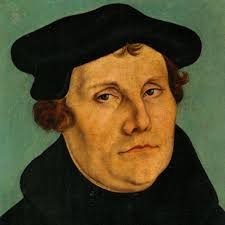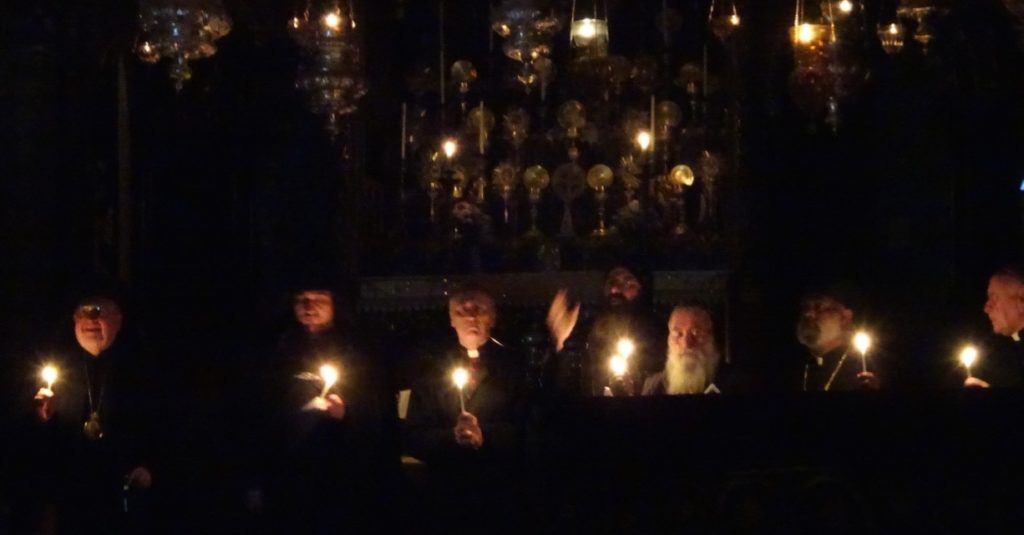Can the churches be a sign of hope?
It is not often that we get a sign of hope today. And even less often do the churches provide that hope.
November 2017 is the 500th anniversary of the Reformation and 500 years of church division. It commemorates the action of a German friar and Doctor of Theology, Martin Luther, who published, and perhaps nailed to the notice board of the church door, 95 theses in Latin for public discussion. When the church authorities tried to gag him, the theses got published in German and went viral through Europe thanks to the newfangled printing press. Soon Martin Luther was attacking popes, church councils and the whole paraphernalia of mediaeval catholicism. Protected by local princes, he created a new church, which quickly led to a new and vibrant spirituality as well as splits and religious wars.
 In Germany it is celebrated as a new freedom of thought, comparable to the recent Arab Spring. In England we see it as the foundation of the Church of England with its equal emphasis on the Bible, reason and tradition as guides to truth. But it still led to the break up of a united Church and a united Christian society. So where does hope come in?
In Germany it is celebrated as a new freedom of thought, comparable to the recent Arab Spring. In England we see it as the foundation of the Church of England with its equal emphasis on the Bible, reason and tradition as guides to truth. But it still led to the break up of a united Church and a united Christian society. So where does hope come in?
The hope comes from the extraordinary moves towards unity of the churches today. In November 2016, the start of the year of the Reformation was marked by a worship service of Common Prayer in Sweden, co-led by the President and the General Secretary of the Lutheran World Federation and by Pope Francis. Unimaginable fifty years ago when the Lutheran and Roman Catholic churches first began to dialogue.
At Westminster Abbey there was a service on 31st October 2017 to mark the start of the Reformation, at which Cardinal Vincent Nichols as well as people from four different Lutheran churches took part in the prayers.
But the most striking thing for me was the agreed statement on “justification”. Luther had become convinced from his reading of the Bible and from his own experience that the way to a right relationship with God (which is what the word “justification” means) is purely by God’s gift, or by God’s grace. We simply have to accept his unmerited love and forgiveness, through a personal trust or faith in God and his goodness. The last thing he wrote before he died was “We are beggars – that is the truth of it.”
This is the polar opposite of the standard expectation of Roman Catholic theory and practice, such as acts of penance, earning merit etc.
And yet, on October 31st 1999 the Lutheran World Federation and the Roman Catholic Church signed a Joint Declaration of the Doctrine of Justification. Here is what it said:
“Together we confess: by grace alone, in faith in Christ’s saving work and not because of any merit on our part, we are accepted by God and receive the Holy Spirit, who renews our hearts while equipping and calling us to good works.”
In 2006 the World Methodist Council adopted the declaration, followed by the World Communion of Reformed Churches and the Anglican Communion in 2017.
If the churches who have been parties to 500 years of bitter divisions can come to such a basic agreement, surely that is a remarkable sign of hope, alongside the “trust and friendship we share across our various traditions”, (Mounib Younan, Lutheran bishop of Jerusalem and the Holy Land, see “A Week of Prayer in Jerusalem” p. 64).

Bishops united in giving the blessing, Jerusalem January 2017
